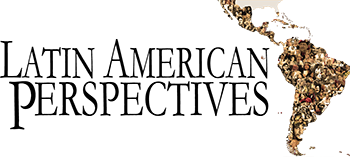by Cecília MacDowell Santos/span>
The Brazilian state has contradictory laws, policies and practices with regard to the rights of indigenous peoples. Despite the adoption of a democratic Brazilian constitution in 1988 that incorporated a multicultural conception of indigenous rights and the subsequent ratification of new international norms of human rights for indigenous peoples, the practices of the courts and of the various sectors of the state reflect a legal cultural dualism and a “bipolar” state. The case of the Xucuru people sent to the Inter-American Commission on Human Rights shows the conflicts between legal and political cultures characterized, on one hand, by an individualistic and colonial approach to indigenous civil rights and, on the other hand, a collectivist and multicultural perspective on the human rights of indigenous peoples.
O Estado brasileiro possui leis, políticas e práticas contraditórias em relação aos direi-tos indígenas. Apesar da nova constituição democrática de 1988 ter incorporado uma concepção multicultural dos direitos indígenas e de o Estado ter ratificado normas internacionais de direitos humanos dos povos indígenas, as práticas dos tribunais e de vários setores do Estado refletem uma situação de dualismo da cultura jurídica e um Estado “bipolar.” O caso do povo Xucuru encaminhado à Comissão Interamericana de Direitos Humanos demonstra os conflitos entre culturas jurídicas e políticas caracterizadas, de um lado, por uma abordagem individualista e colonial dos direitos civis dos indígenas, e, de outro lado, por uma perspectiva coletivista e multicultural dos direitos humanos dos povos indígenas.
CLICK TO READ THE FULL ARTICLE
Latin American Perspectives
March 2016 vol. 43 no. 2 Abstract 172-189


No comments:
Post a Comment